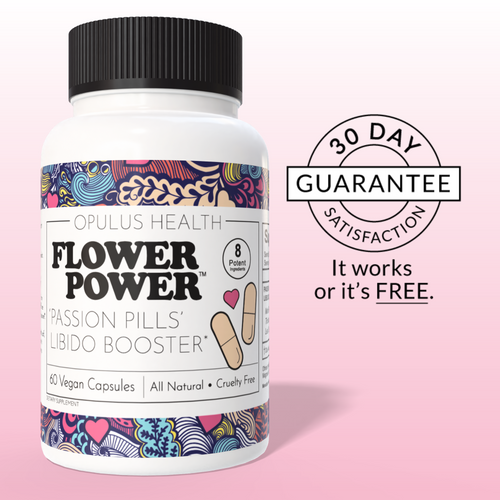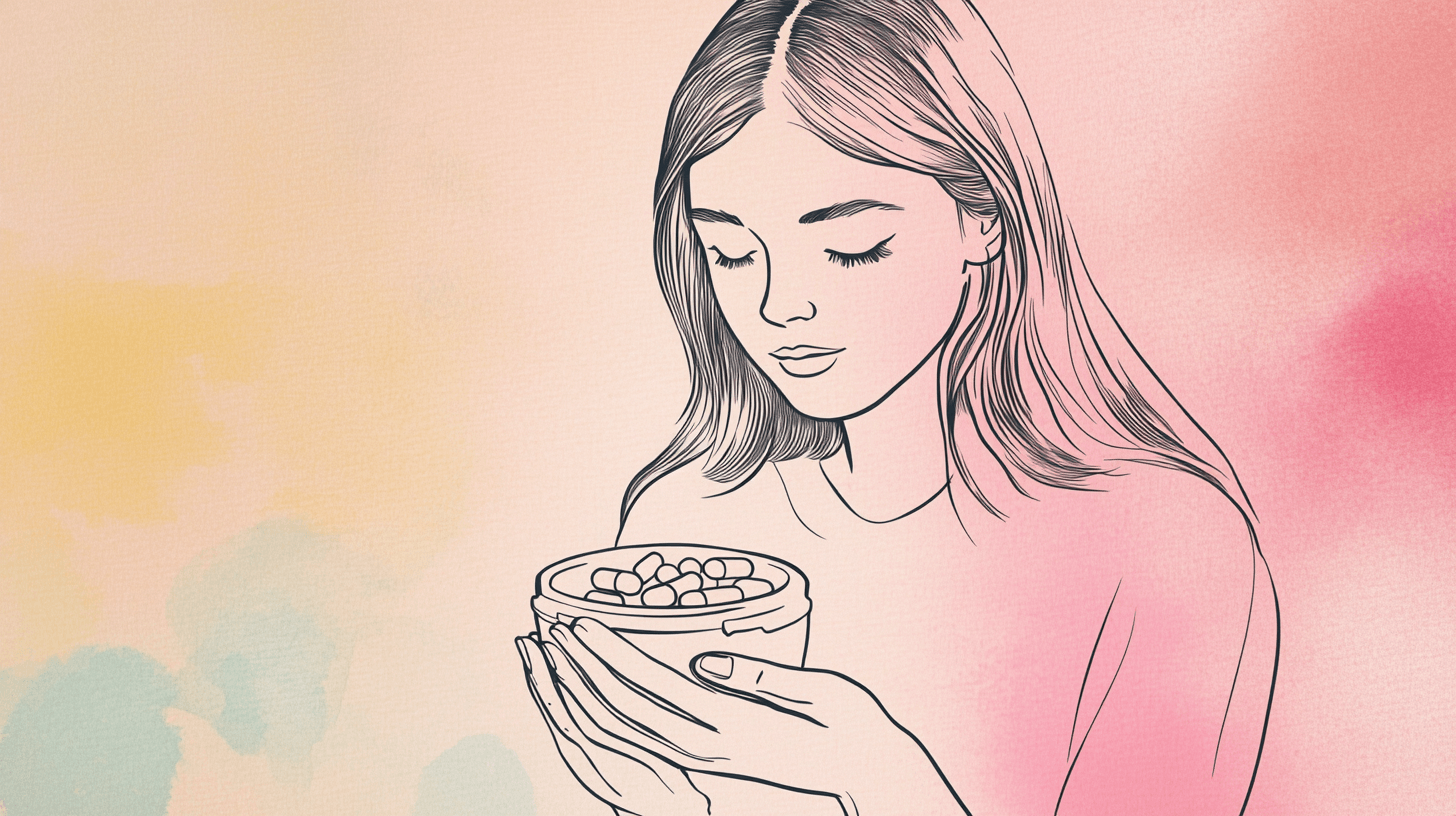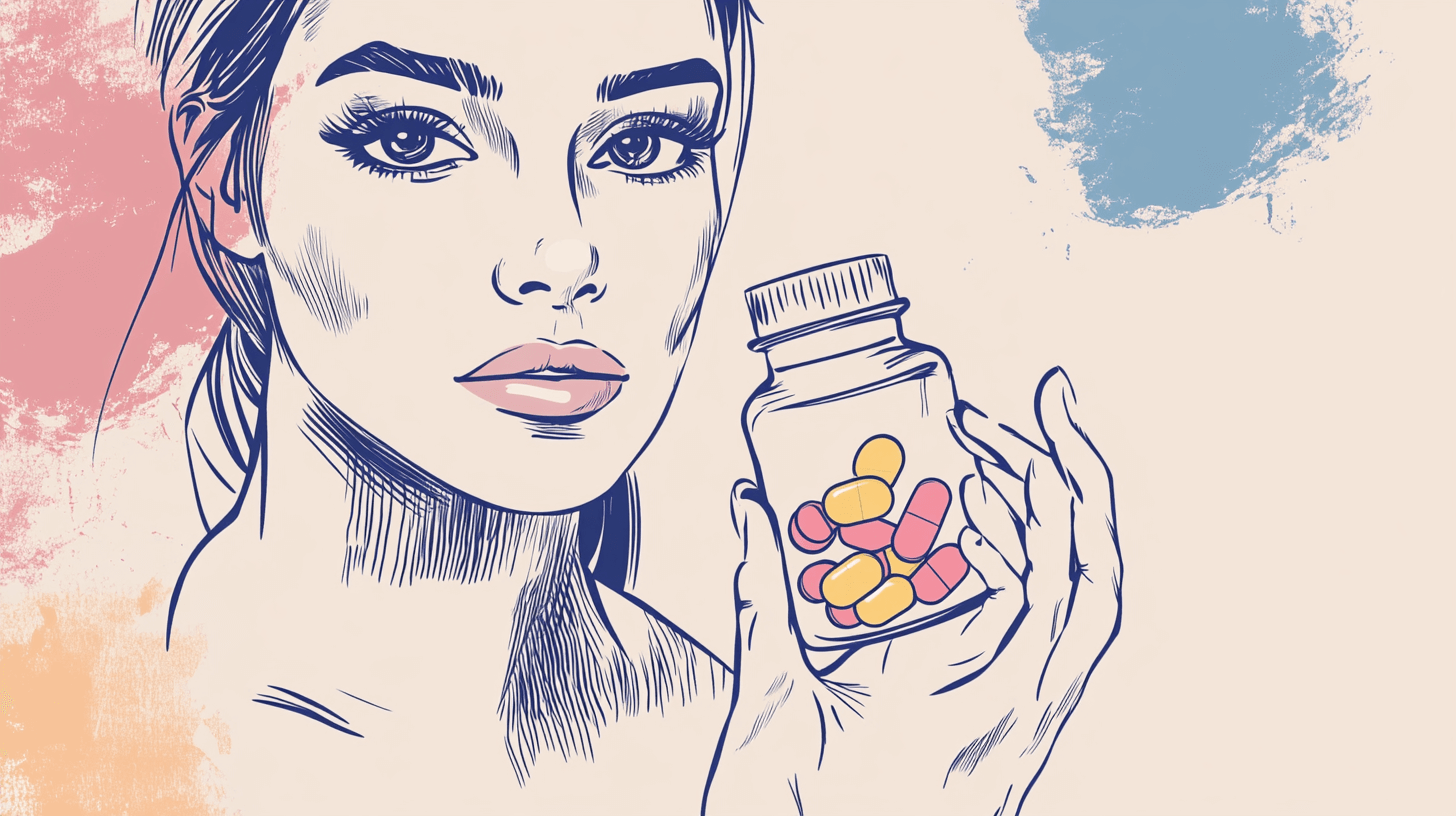The vagina usually leaves clues when an infection is about to happen.
Sometimes your natural odor becomes more intense … other times it’ll change your pH… and in some cases it will release abnormal discharge.
And if you’re able to catch on quickly, you can easily get things under control.
Vaginal issues are usually easier to treat in the early stages… before they become full-blown.
That’s why today we’ll look at the early warning signs of common vaginal infections… and the simple steps you can take to stop it in its tracks.
Let's dive in!
BV (Bacterial Vaginosis) Tip Offs:
BV is caused by an imbalance of bacteria in the vagina. Some of the early warning symptoms are:
- A strong odor: For most ladies, it's a fishy odor. And some may notice that their natural odor just becomes more intense. So if you notice an unusual odor, it's time to take action. Some ladies may not notice an odor at all, and in that case, the vagina will release…
- A thin, grayish-white discharge: The V may also start releasing a thin, watery discharge when BV is on the way. It usually has a grayish-white color when the infection is already full-blown.
- Itching or irritation: Whenever you notice some mild itching or irritation in the vaginal area — and you can’t put your finger on the reason why — then you could suspect BV.
To stop BV in its tracks, here's what you can do:
- Do not wait it out: Full-blown BV is a nightmare to deal with. Visit your healthcare provider to confirm your diagnosis. And immediately start the recommended treatments to stop the infection in its tracks.
- Use medical-grade boric acid suppositories: Boric acid remains the fastest, easiest way to stop vaginal issues like BV in its tracks. It’s also safe and can be used without a doctor’s recommendation. (If you’re pregnant or nursing, it’s good to seek the advice of your physician first)
- Maintain good hygiene: Play detective and don’t allow anything to go in there that might further disrupt the delicate balance.
- Use a proven probiotic supplement: Probiotics like Divine Vagine help to restore the natural balance of bacteria in the vagina. The more balanced you are, the easier your flora will fight off infections without bothering you.
Yeast Infection Tip Offs:
Yeast infections are caused by an overgrowth of Candida. Candida is a type of fungus. Look out for these unmistakable signs of a yeast infection:
- Redness and irritation: It often gets worse the longer you have the infection. And because no one likes to talk about them, most ladies ignore it and try to wait it out. Yeast infections often cause intense itching, redness, and irritation in the vagina and vulva.
- Thick, white discharge: This is usually followed by a thick, clumpy discharge that looks like cottage cheese. And finally…
- Burning sensation during urination or intercourse.
Some yeast infection symptoms overlap with other vaginal infections and STIs.
That’s why it’s advisable to visit a professional if you notice any of them to confirm that it’s a yeast infection.
To tackle yeast infections head-on try:
- Over-the-counter antifungal treatments: Try antifungal creams, suppositories, or tablets. Look out for products containing active agents like clotrimazole or miconazole. They are available without a prescription. Remember to follow the package instructions carefully for effective use.
- Natural remedies: Some women find relief by using natural remedies such as tea tree oil or boric acid suppositories. However, it's advisable to consult with a healthcare provider before trying any alternative treatments.
Pro tip: Antibiotics are a common cause of yeast infections. So the next time you need to take one, practice antibiotic stewardship.
Here’s what you should do: When your doctor wants to write a prescription… ask for a narrow spectrum antibiotic for your condition. With those, your chances of getting yeast infections will be much slimmer.
Trichomoniasis Tip Offs:
Trichomoniasis is a little-known STI (sexually transmitted infection) caused by a parasite.
Why is it little-known? Because this infection can stay hidden with no symptoms in some cases!
And someone may have it for weeks, months or years. And since it’s an STI, it is easily spread between sexual partners.
Here are some trich tip offs:
- Frothy, yellow-green vaginal discharge: Trichomoniasis can cause a distinct, foamy discharge with an unusual color. It’s hard to miss this. And it’s a good idea to see a physician as soon as you can.
- Pungent odor: This is a classic symptom for BV, but it can also accompany a trich infection. The discharge releases the odor in most cases.
- Itching and irritation: Some women may experience itching, redness, or discomfort in the genital area.
To put a stop to trichomoniasis use:
- Prescription medications: Your healthcare provider will usually prescribe antibiotics. Metronidazole or tinidazole are effective against a trich infection. It's crucial to complete the full course of medication and abstain from sexual activity. And before you restart intimacy…
- Ask your partner to get tested: Since trichomoniasis can be asymptomatic, your partner may be infected. So even if you get treated, they can easily reinfect you. So make sure both you and your partner receive treatment.
It’s always easier to tackle vaginal infections early. So visit your physician or gynecologist whenever you notice abnormal symptoms.
UTIs (Urinary Tract Infections) Tip Offs:
While UTIs affect the urinary tract, they can affect the vaginal area as well.
Some signs to watch out for include:
- Cloudy or strong-smelling urine: This is usually an instant tip off. A change in the appearance or odor of urine may indicate a UTI.
- Frequent urination and urgency: Feeling the need to “go” frequently and urgently, even when little urine is produced.
- Burning sensation during urination: Experiencing pain or a burning sensation while urinating.
To prevent and treat UTIs:
- Stay hydrated: The body uses water to flush bacteria out of the body and from the urinary tract too.
- Urinate before and after sexual activity: During sex, bacteria can enter through the urethra. That’s why peeing before and right after sex helps remove bacteria and prevent infection.
- Get proper care: If you suspect a UTI, consult with your healthcare provider to confirm and prescribe effective treatment. Remember that it’s easier to defeat vaginal infections before they become full-blown.
Conclusion:
The first step towards preventing vaginal infections is to maintain an optimal vaginal flora.
And the second is to pay attention to your body. That way you’ll notice when you’re about to have an infection.
Most ladies wake up after the infection is full-blown. And that’s when infections are hardest to treat.
But the more you know your body and understand what it’s telling you… you’ll be able to spot infections from afar.
And even if the infection slips through, you’ll know exactly what you need to do to get rid of it fast.
Remember, everyone's body is unique, and professional advice is crucial for accurate diagnosis and tailored treatment.
Sources:
- Mayo Clinic - Bacterial vaginosis
- American College of Obstetricians and Gynecologists - Vaginitis
- Centers for Disease Control and Prevention - Trichomoniasis
- National Institute of Diabetes and Digestive and Kidney Diseases - Urinary Tract Infections (UTIs)












